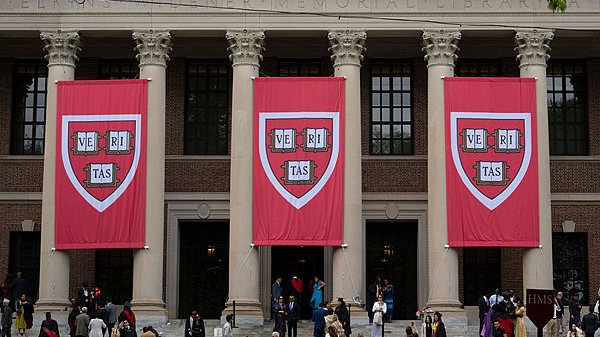MOFA Warns Halting Student Visas for Harvard Will Harm U.S. Interests
China and the U.S. emphasize mutual benefits in educational collaboration, condemning politicization efforts.


Educational cooperation between China and the United States has long been considered a cornerstone of bilateral relations, providing benefits to both countries and promoting cross-cultural understanding. However, recent developments threaten to alter this dynamic. Chinese Foreign Ministry spokesperson Lin Jian emphasized on Thursday that such collaboration is mutually beneficial, reiterating that China remains opposed to the politicization of educational exchanges.
The comments came in response to the Trump administration’s June 4 decision to enact a six-month suspension on the entry of foreign nationals intending to study or participate in exchange programs at Harvard University. This move, targeting one of the world’s most prestigious academic institutions, has drawn swift criticism from international observers. Lin cautioned that such policies would harm the United States’ reputation globally, stating that the latest action will “only damage its international credibility.”
Millions of Chinese students have traveled to the United States in recent decades, contributing significantly to research, innovation, and campus diversity. Lin asserted that China will firmly safeguard the legitimate rights and interests of Chinese students and scholars overseas. He warned that creating barriers for international students not only undermines individual academic pursuits but also risks isolating the U.S. from vital global talent and perspectives.
As higher education institutions brace for the impact of this policy, many are calling for a reconsideration of measures that could diminish longstanding academic partnerships. With uncertainty looming over future admissions and research collaborations, stakeholders stress the importance of keeping educational channels open between nations, even amid diplomatic challenges.




